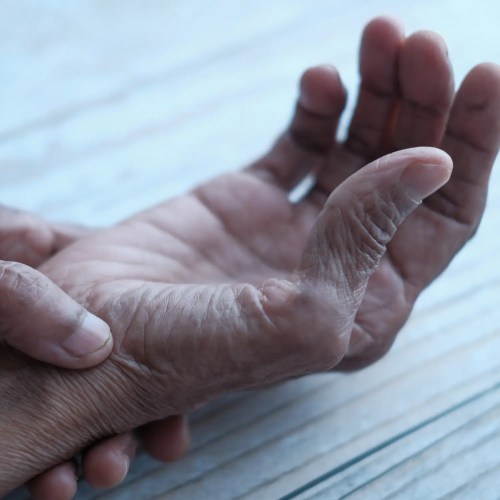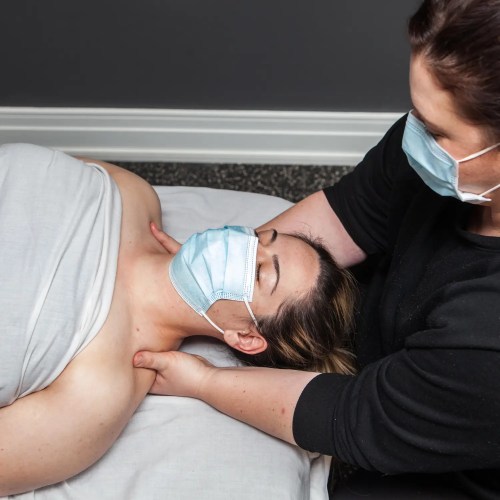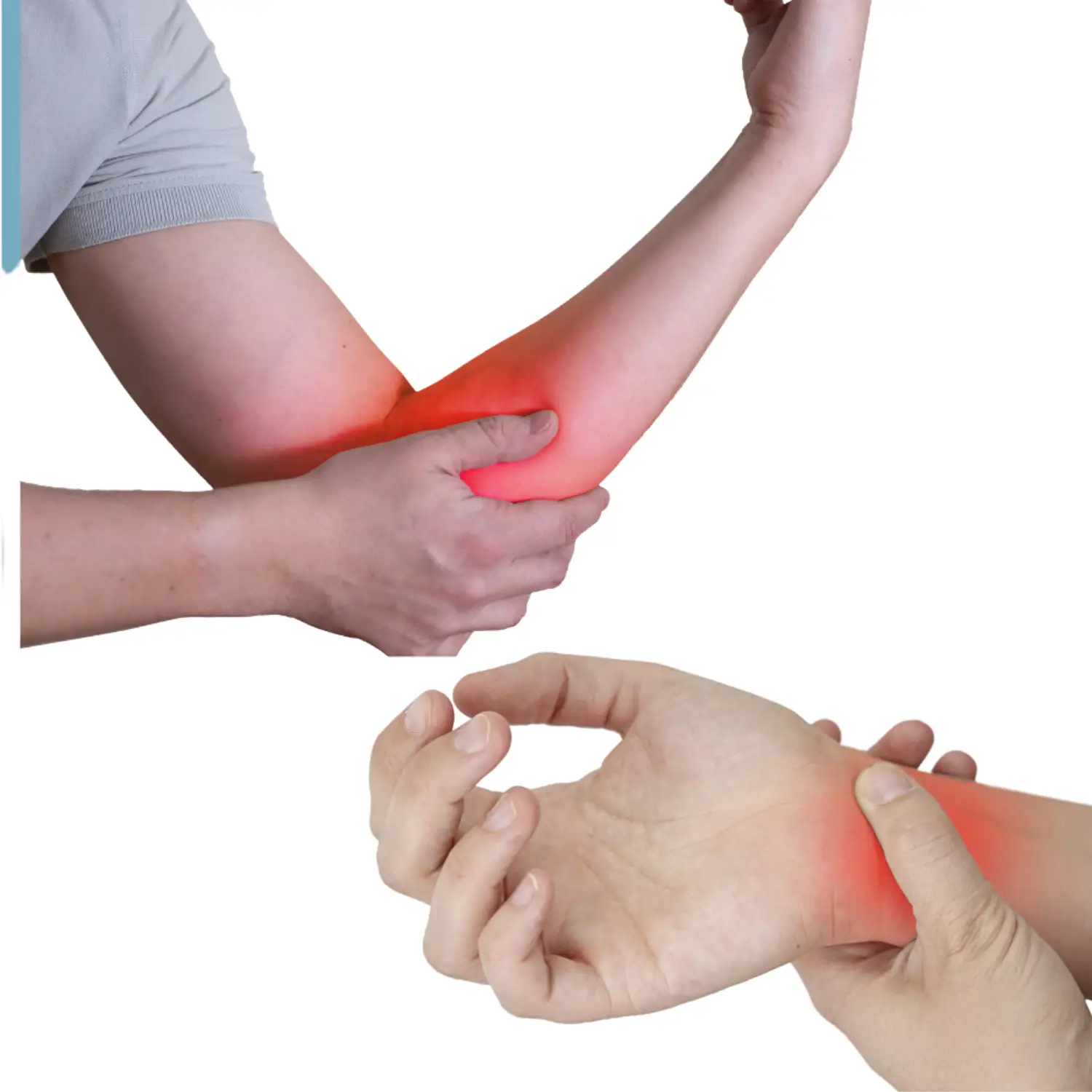Understanding & Assessing Carpal Tunnel Syndrome (CTS) & Pronator Teres Syndrome (PTS) explores these common conditions and how to safely and effectively assess for them.
Explore the relevant anatomical structures associated with CTS & PTS and discover common signs and symptoms associated with these conditions.
Discover step-by-step guidance on how to conduct relevant orthopedic assessments to evaluate for CTS & PTS and the accompanying musculoskeletal issues. Understand how to distinguish these conditions from one another and conditions that may present similarly. Gain insight into recognizing when to provide a referral to a patient with carpal tunnel syndrome or pronator teres syndrome.
By taking this course, you will gain a greater understanding of these conditions, including their causes and risk factors, signs and symptoms, how they evolve as they progress, and the prognosis for patients.
To complement your assessment knowledge, we recommend enrolling in Treating Carpal Tunnel Syndrome (CTS) & Pronator Teres Syndrome (PTS).






